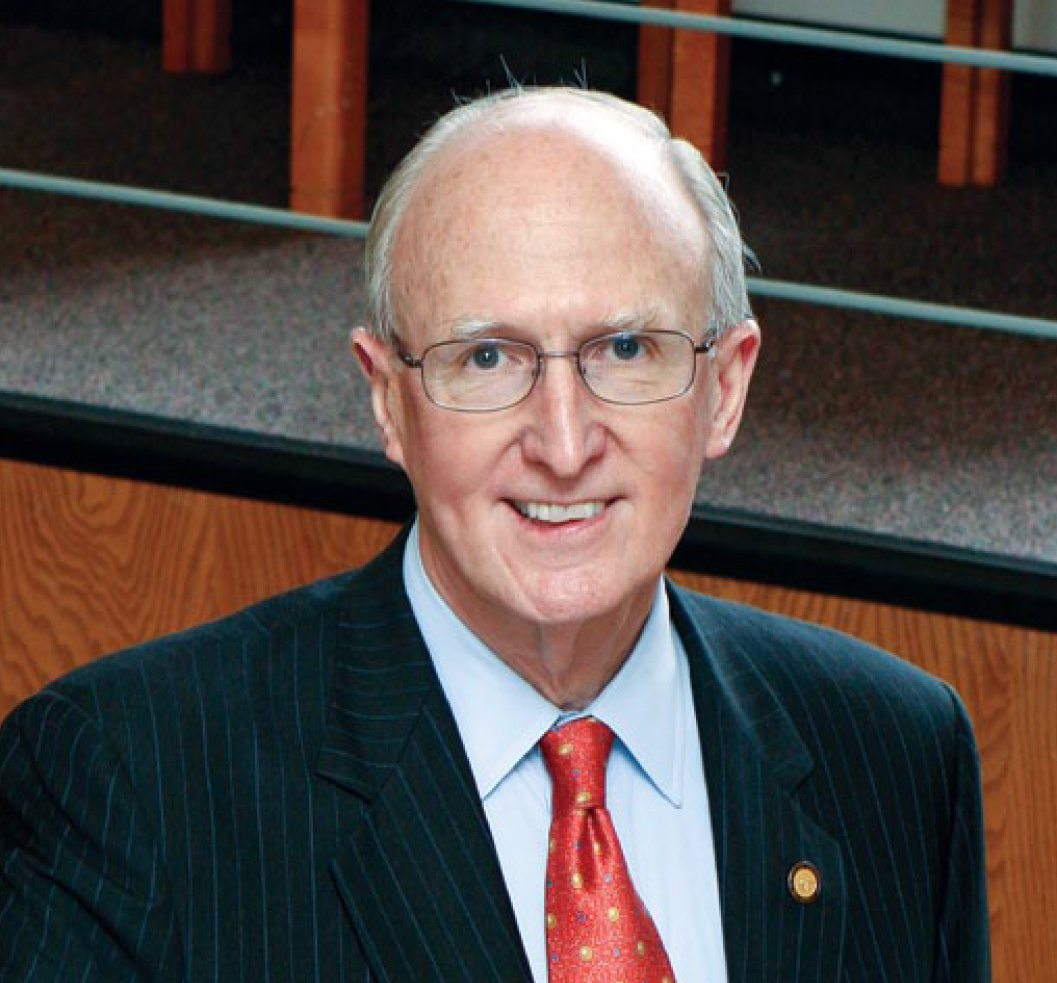Reflections on race, racism and respect
Years ago, my wife and I walked onto a Martha's Vineyard beach with my Cornell University advisee and his parents, only to be confronted by a white man asking where we thought we were going. My advisee’s father, a professor at a prestigious medical school, who was African-American, replied, “I could ask you the same. I own this beach.”
That wasn’t my first experience with racism, but it highlighted how education, expertise and wealth can be denied by the color of one’s skin.
My first memory of how race can distort reality is of when a friend and I were wrestling on the sidewalk on Third Avenue in Mount Vernon, N.Y., on the way home from school. We were having fun, but a passerby told us to stop. “Blacks and whites shouldn’t fight,” she said, instead of just saying that kids shouldn’t fight. My neighbor and I were simply playing, and unlike that lady, we could see each other merely as friends.
I’m not color-blind. I see color and shades of color, but I try to see people for who they are as individuals. This is called respect. When I was at camp as a 9-year-old, I remember small signs that lined the paths. Each said, “Others,” meaning think of others, welcome others, respect others. We put similar signs around the Adelphi University campus when I was president.
Respect is a two-way exchange. Racism denies respect. Racism rejects the humanity of another person or group. We should understand that demands for respect and dignity are not demands for privilege and standing. We should teach in our schools and houses of worship, and certainly in our homes, that others should be respected even when they look different from us.
In our society, many people grow up in communities lacking diversity because of decades of laws and regulations that, even when overturned, had set a foundation for segregated housing and divided communities. Yet the children who grow up in these towns and villages will most likely one day supervise, or be supervised by, or be a neighbor of, someone of a different ethnic or racial background. If they don’t learn the value of respect for others in their homes or schools, where will they?
In 1944, the Carnegie Corporation funded research by Swedish Nobel Laureate Gunnar Myrdal to study race relations in the United States. In his report, entitled “An American Dilemma,” he noted the contradictions of American democracy. The “dilemma” refers to a nation torn between allegiance to its highest ideals and awareness of the cruel realities of racial discrimination.
The U. S. military was still segregated in the 1940s. Myrdal was quoted as saying that Americans “of all national origins, regions, creeds, and colors” hold in common “the ideals of the essential dignity and equality of all human beings, of inalienable rights to freedom, justice, and opportunity.” And yet, he said, these ideals were compromised by the pervasive violations of the dignity of Black Americans by public policy and private privations.
The legacy of slavery and restrictive covenants robbed Black people of wealth and opportunity. They were denied G.I. Bill benefits given to white veterans, which created much of the white middle class and ensured home ownership, the bedrock of American economic wealth. Schools were segregated. There was a systematic denial of respect, opportunity and equal access before the law.
A modern-day Myrdal would find many of these same dilemmas today. Housing and school segregation persist, restrictions on voting are flourishing, systemic racism is common, and respect as people and as citizens is refused to Black Americans. The history of racial discrimination is being denied even as it continues by those who deny it.
Mutual respect is essential to social cohesion and civil discourse. To deny the humanity of millions of our neighbors is to limit our nation’s capacity to fulfill its ideals.
These are difficult times. My hope is that, even in times like these, families, clergy and teachers will prepare children with the basic values of civility, sincerity and respect for others. We should each know that we are the “other” to some, and that others deserve the respect that we believe is due to us. Our national values — freedom of speech, freedom of assembly, democracy itself — will wither without mutual respect.
Dr. Robert A. Scott is president emeritus and university professor emeritus of Adelphi University and author of “How University Boards Work” (Johns Hopkins University Press, 2018; Eric Hoffer Awardee, 2019).






